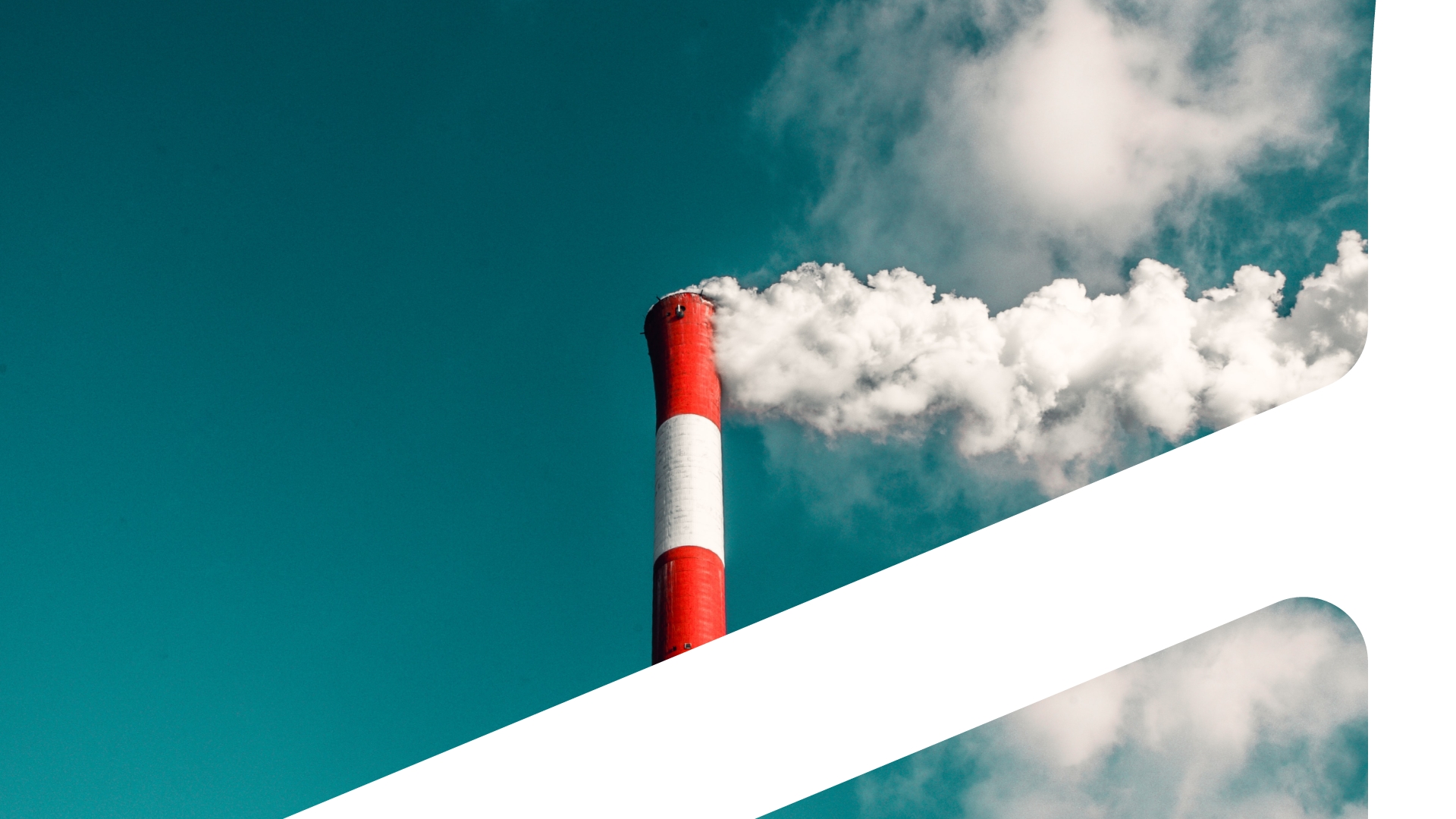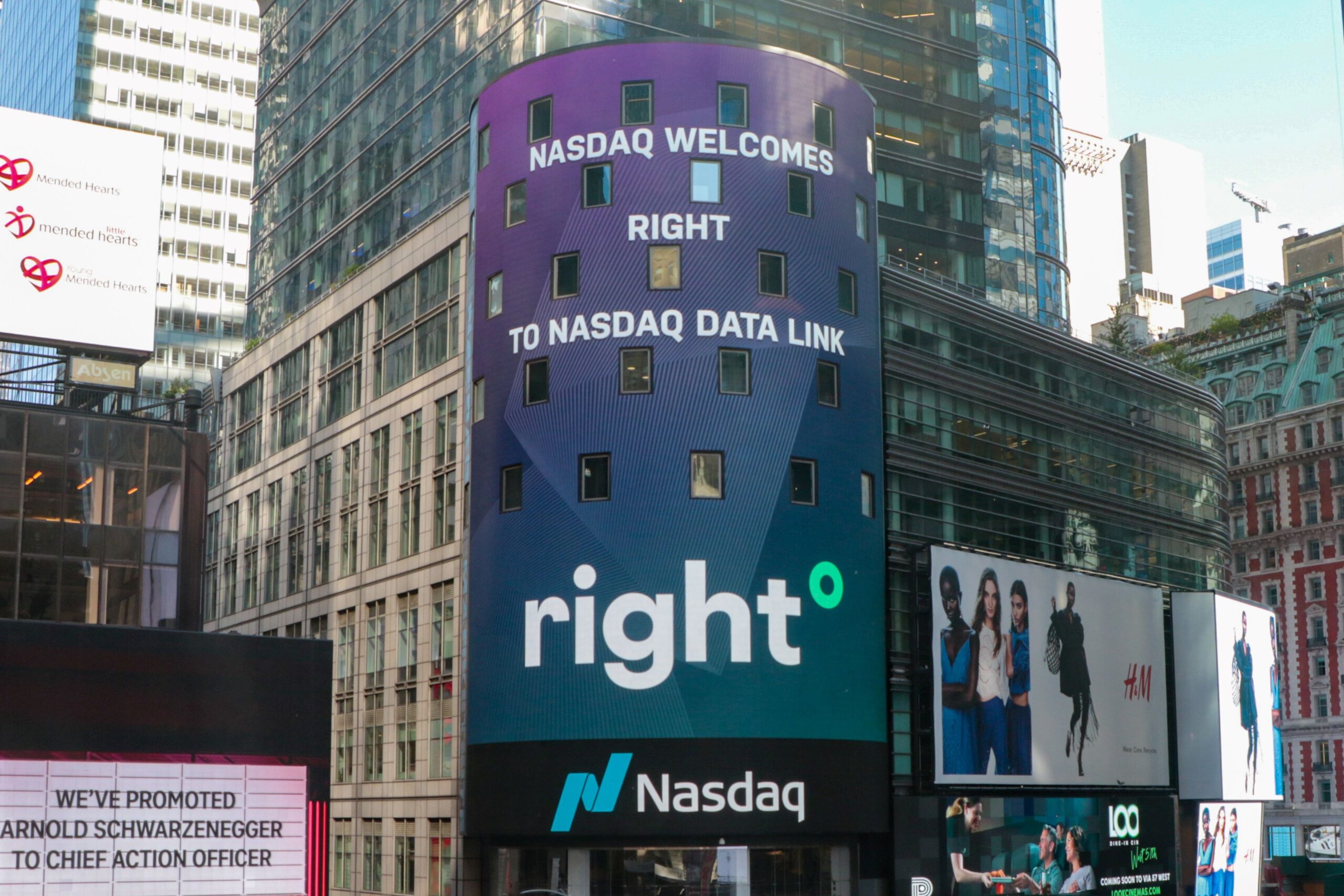“Pure show numbers” – that’s what the CDU’s economic council recently called climate lawsuits against individual companies and pleads for a ban. The responsibility for climate protection lies with the state.
Previously, Deutsche Umwelthilfe and Greenpeace threatened to sue Germany’s largest automotive companies – in order to “impose a punitive and binding obligation on the automotive industry to do more to protect the climate.” Since the companies do not want to commit themselves to concrete climate targets, the lawsuits have now been filed in the competent state courts for BMW, Daimler and VW. The main argument: so far, the planned measures contradict the Paris Climate Agreement and are consequently illegal.
But isn’t a ban on climate lawsuits questionable or even inadmissible? After all, we are talking about an issue that is supposed to safeguard future life. And what does that mean for companies? Are they liable to prosecution if the effects of their own business behavior are not in line with a world below 2°C?
Responsibility for future generations
On a political level, the German Federal Constitutional Court (BVerfG) ruled in April 2021: the German government has a duty to protect life and health from the dangers of climate change. According to Article 20a of the Basic Law, the state is to safeguard the natural foundations of life “also in responsibility for future generations” by advancing climate protection. Policymakers must ensure a freedom-friendly transition to climate neutrality – provisions in this regard have been lacking until now.
To enable companies to adapt more quickly and to provide them with orientation and planning security, the highest constitutional body in the judiciary says that transparent measures should be formulated at an early stage. The Climate Protection Act amends that the German state must reduce its CO2e emissions by 65% by 2030, by 88% by 2040 and be climate neutral by 2045 compared to 1990.
Who bears this responsibility?
At the corporate level, the Netherlands made a landmark decision this year: According to The Hague District Court, the oil company Shell must significantly reduce its emissions by 2030 – more than originally planned by the company. This is derived from a duty of care under Dutch law and is being done along the lines of the Intergovernmental Panel on Climate Change.
The media dubbed this a “historic ruling on climate protection.” Shell appealed. The need for action with regard to climate protection lies exclusively with the state. In addition, the company is already investing in new technologies and following its own “Powering Progress” sustainability strategy. However, the fine print states that the scenarios used specifically for analyses are not used as projections or forecasts for the future and are therefore not part of the strategy or business plan. In addition, “Shell’s operating plans, forecasts, budgets and pricing assumptions do not reflect the net zero emissions target.”
Dutch case law shows: This vague “climate strategy” by the oil company is not sound or on target.
What should companies expect?
The lawsuits against BMW, Daimler and VW will show whether corporate responsibility can also be enforced in Germany in order to achieve the Paris climate target. But in addition to the court cases and verdicts, concrete consequences of the climate risks under scrutiny are becoming increasingly apparent:
After it became publicly known that the Deka Bank Impact Calculator only calculates sustainability impacts based on estimates – and this is only stated in a methodological note on the bottom page – the heavily advertised online tool is seen as highly controversial. Injunction proceedings followed, in which the bank fully acknowledged all claims.
The consequences that greenwashing allegations can have on the financial market were also noticed by the fund provider DWS: According to statements by the former head of the sustainability department, the extent of the company’s involvement in sustainable investments was exaggerated. As a result, the shares of DWS and Deutsche Bank suffered heavy price losses. The stock market value slipped by around one billion euros, and Deutsche Bank shares ranked last in the DAX.
Proceedings, lawsuits, out-of-court judgments, and probably currently in particular the pressure from stakeholders of all kinds, indicate that the need for action is not only on the part of the state. Rather, it is a question of what these considerations mean for companies today and how they can prepare for tomorrow.
Where do we go from here?
Legal processes surrounding climate protection are becoming more frequent. That’s why more transparency is needed. On the one hand, to identify ecological or social features in goods and services in the financial and real economy. On the other hand, to be able to invest in sustainable assets or pursue sustainable investment goals. Under European law, this is implemented through the taxonomy and the Disclosure Regulation.
Both climate science and climate law should be about the path to a set target, and the amount of greenhouse gases caused along the way. This applies equally to the whole world, individual states and indeed individual companies. On the basis of existing civil law regulations, companies are required – or even sued – for a target-oriented and long-term climate strategy.
Author: Linnea Schweser







